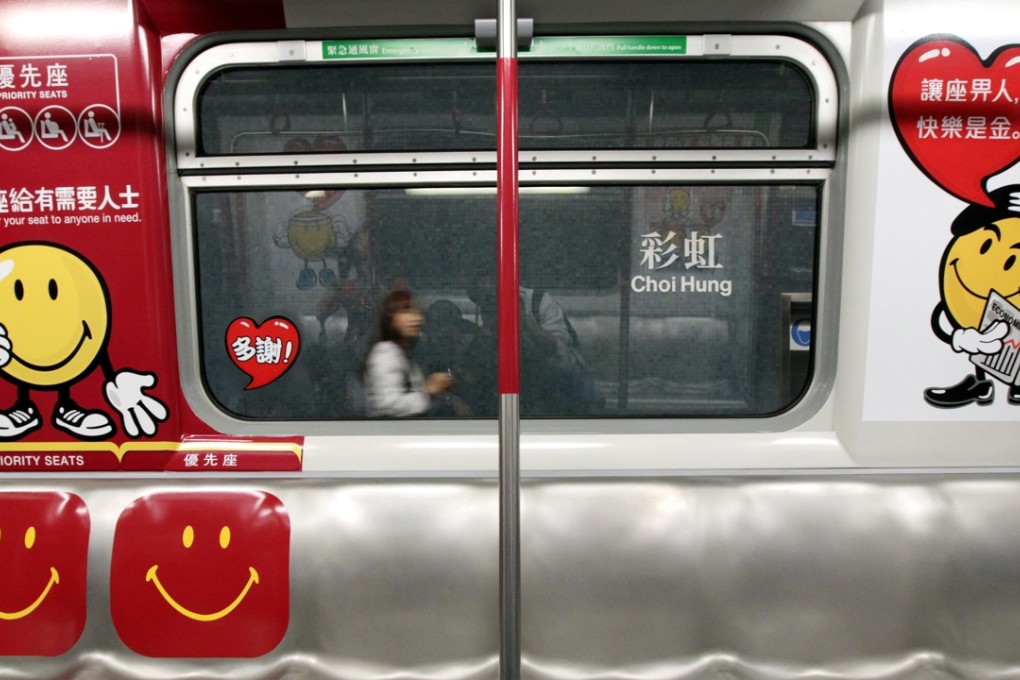
HKU students not helping their university
The storming of the council meeting by HKU students is deplorable and the leaking of confidential information discussed in a closed meeting by an elected student representative is shameful. It is an honour to be given an opportunity to take part in discussions related to high-level agenda items, and for a young person with that power to abuse it simply shows their disregard for their post.
Billy Fung Jing-en and his student supporters should be ashamed of themselves, and such a role should be given to a student who understands the decorum behind meetings.
The saddest part is that these students don’t realise that their shenanigans are the reason why HKU will continue to drop in its rankings around the world.
Hopefully, we will see some sense from other students at HKU who can show the university and the world that Hong Kong students are not just about protesting, yelling at people, and being rude, but actually about initiating and implementing real change.
Leslie M. Tam, Singapore